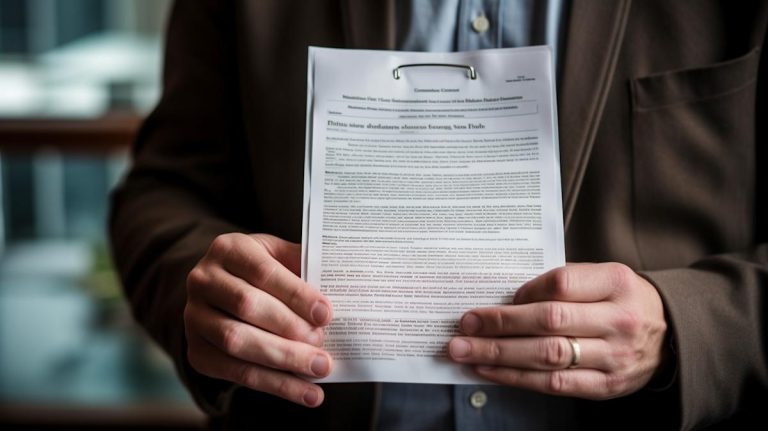Unlock the Editor’s Digest for free
Roula Khalaf, Editor of the FT, selects her favourite stories in this weekly newsletter.
Thames Water’s senior management team was set to receive £18.5mn in retention payments agreed as part of a £3bn emergency loan, even as the UK’s largest water utility teetered on the brink of bankruptcy.
The payments — which were paused after an outcry from MPs on the House of Commons environment, food and rural affairs committee — were to be shared between 21 senior members of staff, but excluded chief executive Chris Weston and other top directors.
In total, Thames executives would have received three times their base salary by June next year, with a first payment of 50 per cent of salary already made in April, according to documents released by the committee on Monday. The Thames board does not intend to recover that money, Thames chair Sir Adrian Montague wrote in a letter dated May 30.
The future of Thames — which is struggling under a £20bn debt mountain — is hanging in the balance after US private equity firm KKR last week walked away from a £4bn rescue deal for the utility. The company provides water and sewage services to around a quarter of the UK population.
Feargal Sharkey, the former rock singer turned water campaigner, said the payments to Thames executives were an “obscenity that escaped all reasonable decency” and called for the company to be renationalised under the government’s special administration regime.
Thames, which has also been the subject of public anger over sewage overflows and pollution, faces potential fines from the Environment Agency of up to £480mn on a “worst-case analysis basis”, according to a letter from Weston to the chair of the environment committee.

The potential fines were in addition to £900mn of possible penalties for failing to deliver adequate services to its customers that could be handed out over the next five years, the letter added. The company was issued with a record fine by industry regulator Ofwat a fortnight ago.
Thames’s bondholders are pushing for Ofwat to waive penalties for past environmental breaches to reset the company’s financial performance and escape its “doom loop”.
The creditors — which include the US hedge funds Elliott Management and Silverpoint Capital — have proposed injecting £3bn of equity into Thames and taking a 20 per cent writedown on the value of their loans, according to people familiar with the group’s plans.
That would cut Thames’s debt from £20bn to £12.9bn, paving the way for a return to an investment grade rating, people involved in the discussions said.
The group of creditors, which includes more than 100 financial institutions which are owed more than £13bn by Thames, are hoping to agree a deal next month, they added.
The turnaround plan would involve replacing the utility’s entire board, with Weston unlikely to stay in post.
The creditors would also lend the company a further £2bn, on top of an expensive £3bn loan that was approved by the High Court in London earlier this year. Thames Water has drawn down £750mn, giving it enough cash to survive until September.
If the creditor deal fails, other investors including CK Infrastructure and Castle Water have indicated they would still be interested in bidding for Thames, even if it were to be temporarily renationalised under the government’s special administration scheme. The government has said it is committed to a private-sector solution.
Thames defended the retention payments plan for executives, but confirmed the plan had been paused and added that none of the payments had been funded by customers.
Referring to the proposed creditor deal, Thames said: “The board will consider in the weeks ahead the full recapitalisation and turnaround plan submitted by our creditors.”
The creditor group said the turnaround plan would: “fix the root causes of Thames Water’s problems, restore its balance sheet, rebuild customer trust and fix the fundamentals of the business once and for all”.
Ofwat said it had “commenced a thorough review of the submission from the group of senior creditors”.






